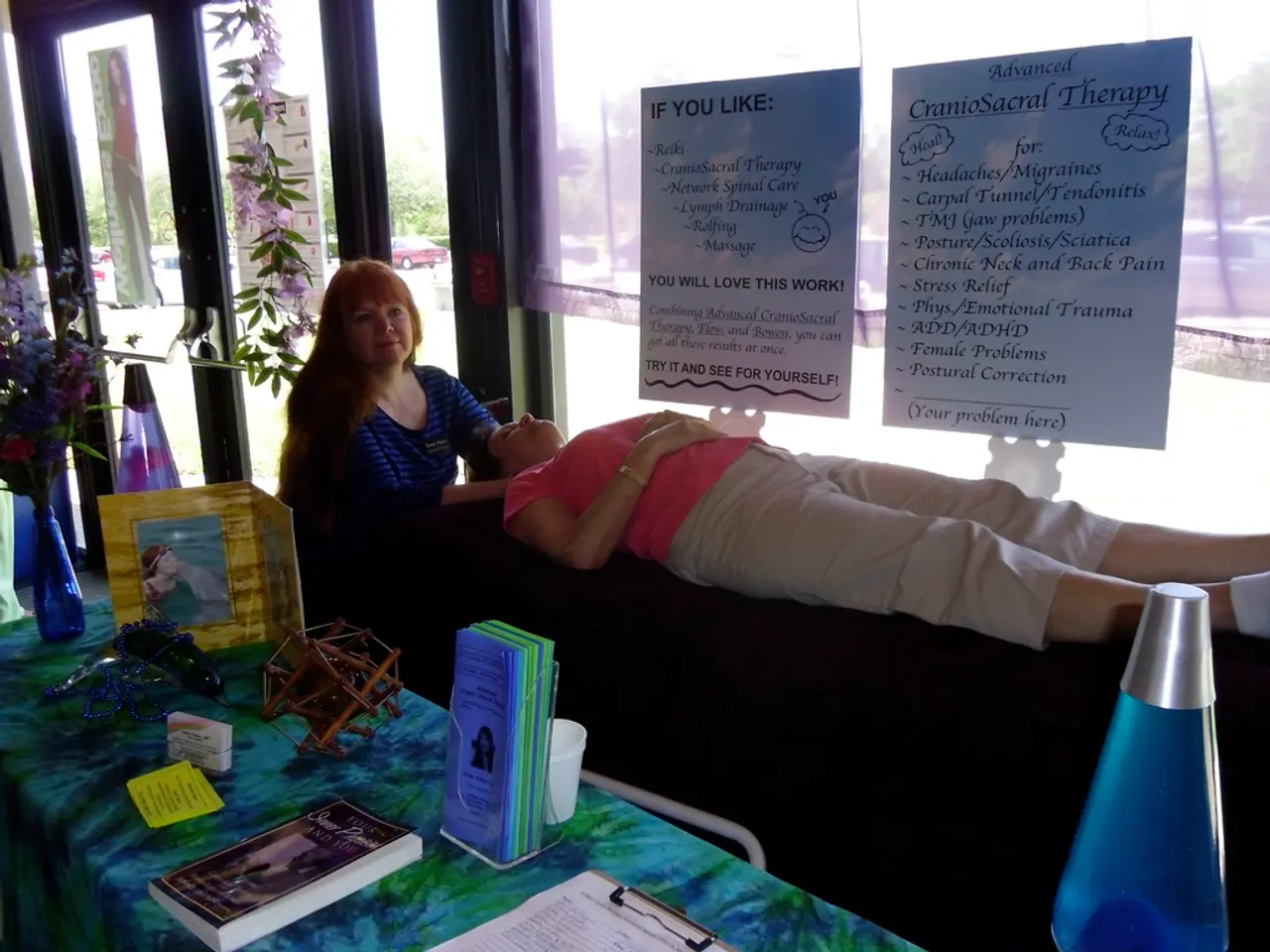Teenage Derealization: Signs, Remedies, Guidance, and Further Insights
Depersonalization-Derealization Disorder (DPDR) is a type of dissociative disorder that affects teenagers, with the average age of onset being 16 years [1]. This condition involves experiencing unreality or detachment from one's self, body, or mind (depersonalization), or from one's surroundings (derealization) [1].
Approximately 50% of people will experience at least one episode of depersonalization or derealization in their lifetime [1]. Common causes of DPDR in teenagers include extreme stress, severe anxiety (especially panic attacks), emotional abuse or neglect during childhood, substance use, sleep disturbances, and neurological or psychological factors affecting perception and emotional regulation [1][2]. Trauma and acute stress are particularly significant triggers, often linked to unresolved emotional conflicts or early adverse experiences [1][2].
Witnessing domestic violence, experiencing the death of a close friend or family member unexpectedly, or having a mentally ill or severely impaired parent can also trigger DPDR [1]. Interestingly, DPDR can co-occur with various mental health conditions such as schizophrenia, bipolar disorder, post-traumatic stress disorder, panic disorder, borderline personality disorder, acute stress disorder, generalized anxiety disorder, and obsessive-compulsive disorder [1].
When it comes to treatment, the therapeutic focus is on anxiety reduction and reconnecting with reality. Treatment approaches for DPDR generally involve psychotherapy and sometimes medication aimed at co-occurring conditions [1][2][4].
Cognitive Behavioral Therapy (CBT) is one of the most effective treatments, helping patients identify and challenge distorted thought patterns, and includes grounding techniques to reconnect with reality during dissociative episodes [2]. Psychodynamic Therapy helps uncover and resolve underlying emotional conflicts and trauma that may contribute to DPDR symptoms [2].
Medications are not specifically approved for DPDR, but antidepressants (e.g., SSRIs) and anti-anxiety medications can alleviate related symptoms. Some studies note combining SSRIs with anticonvulsants like lamotrigine might reduce symptoms in certain patients [2]. Grounding exercises, focusing on sensory experiences (touch, sound, objects), help patients stay present and reduce feelings of detachment [2].
Understanding DPDR as a recognized disorder can reduce anxiety about the condition and aid recovery. Structured programs like The DP Manual provide comprehensive, experience-based recovery tools including relaxation, motivational content, and coaching [4].
Support groups, such as those offered by the National Alliance on Mental Illness (NAMI), can provide emotional support for those experiencing DPDR. The Substance Abuse and Mental Health Services Administration (SAMHSA) Helpline also offers support for those experiencing DPDR.
In summary, teenagers with DPDR typically benefit from CBT with grounding techniques, psychodynamic therapy, supportive medications, and educational resources to aid self-understanding and symptom management [1][2][4]. It's crucial to seek help if experiencing symptoms of DPDR, as early intervention can lead to a more favourable outcome.
Pfizer, in collaboration with the health-and-wellness industry, is researching the potential benefits of certain nutrition practices in improving mental health for individuals dealing with Depersonalization-Derealization Disorder (DPDR) [3]. For instance, a balanced diet rich in omega-3 fatty acids, found in foods like fish and nuts, may help reduce symptoms of DPDR [3].
Science continues to explore the intersection of mental health and nutrition, aiming to unlock new treatment avenues for conditions such as DPDR [3]. As research progresses, it is hoped that blockbuster treatments targeting mental health aspects via nutrition will become available, providing an alternative approach for managing symptoms alongside traditional therapeutic methods [3].
In the future, public health campaigns may promote the importance of nutrition in supporting overall mental health, emphasizing its role in conditions like DPDR [3]. By bridging the gap between science, health-and-wellness, and mental-health care, we can strive to create a more holistic understanding and treatment approach for individuals struggling with DPDR.




